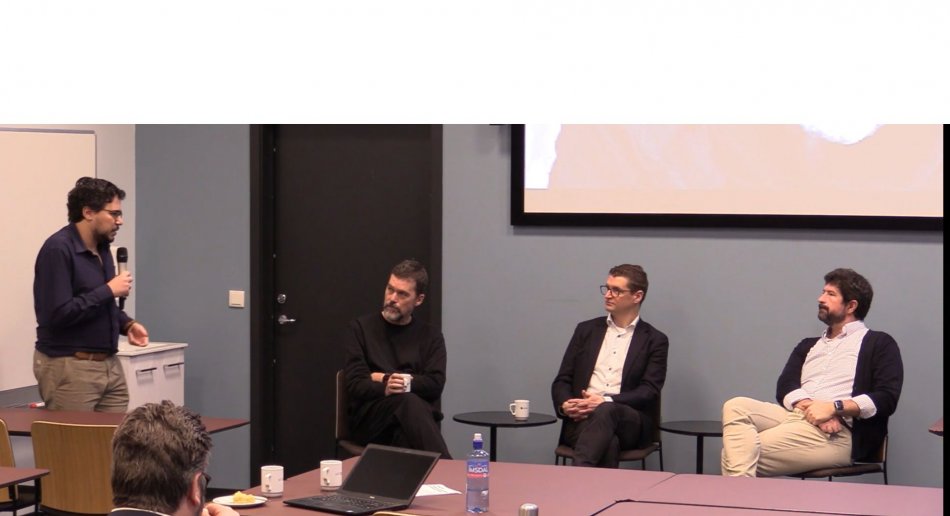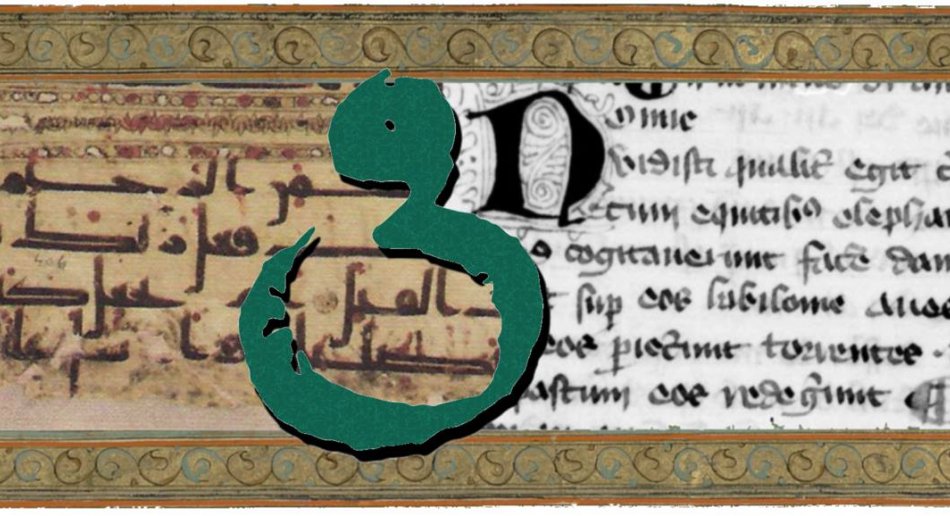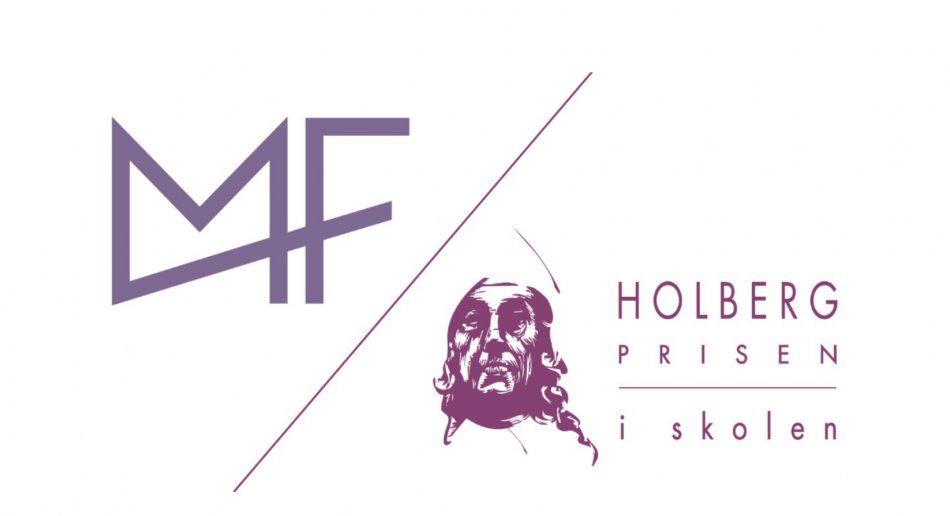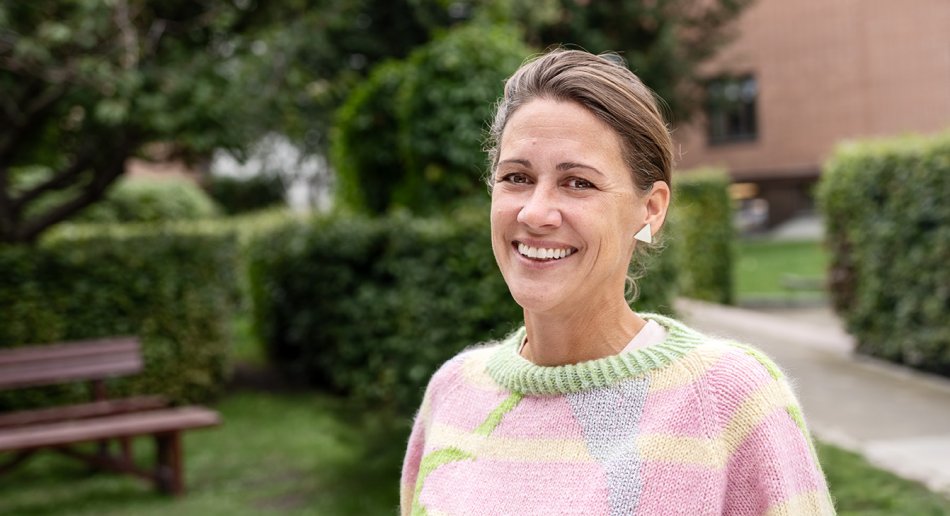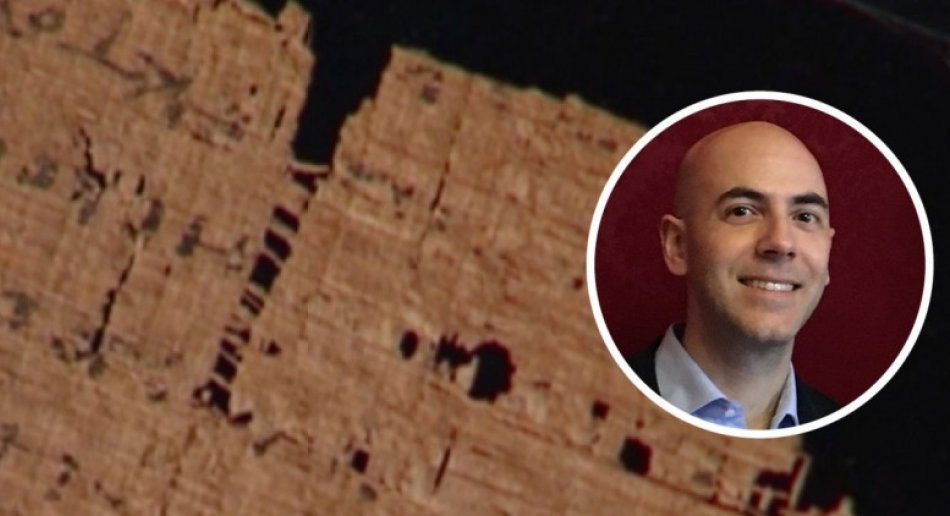
RCN Funding to MF Project EthiCodex
The Research Council of Norway has allocated NOK 11.7 million to Professor Brent Nongbri's research project EthiCodex. The research project addresses the history of the early codex and aims to develop a new methodology and ethics for manuscript studies.
The project is scheduled to start in August 2021.
Brent Nongbri is Professor of Religious History at MF. He holds a Ph.D. from Yale University in the United States and has previously worked at several universities in the United States and Australia.
In recent years his research has come to focus on the current illegal trade of manuscripts and other ancient artefacts. He has published several internationally acclaimed monographs: God´s Library; The Archeology of the Earliest Christian Manuscripts and Before Religion: A History of a Modern Concept.
Read more about Brent Nongbri's research: When the manuscripts lie
The Early History of the Codex
In the ancient Mediterranean world, literature had been written and copied on scrolls for centuries, but something happened during the Roman imperial period (circa 100-400 CE). The codex (that is, the book with pages) replaced the scroll as the main vehicle for the transmission of literature. The development of the technology of the codex marked a major change in the production and transmission of knowledge. But when exactly did this change happen, and why?
Many scholars have suspected that followers of Jesus were among the first to embrace the new technology. The early history of the codex is thus of continuing interest to classicists, historians of the book, scholars of early Christianity, and many others. Yet, studies on the development and spread of the technology of the codex rely on a set of evidence that is both methodologically and ethically problematic. On the methodological side, the last systematic study of the early codex was produced in 1977 and relied mostly on samples of unknown date. On the ethical side, a significant portion of our surviving codex fragments have been acquired illegally. What is needed is a more ethically responsible and efficient way to handle a growing body of complicated evidence.
Online Database and Radiocarbon Analysis
The EthiCodex project will attempt to address these problems by constructing a comprehensive and sustainable online searchable database of physical features and provenance histories of the earliest Greek and Latin codices. This database will clearly distinguish between books that were legally acquired by current owners and those that are confirmed or suspected of being illegally traded.
The project will also increase the number of securely dated early codices by funding radiocarbon analysis of legally acquired codices. Finally, on the basis of this newly acquired data, the project will produce a more nuanced and fact-based discussion of what we can know of the history of the early codex.
Research news
